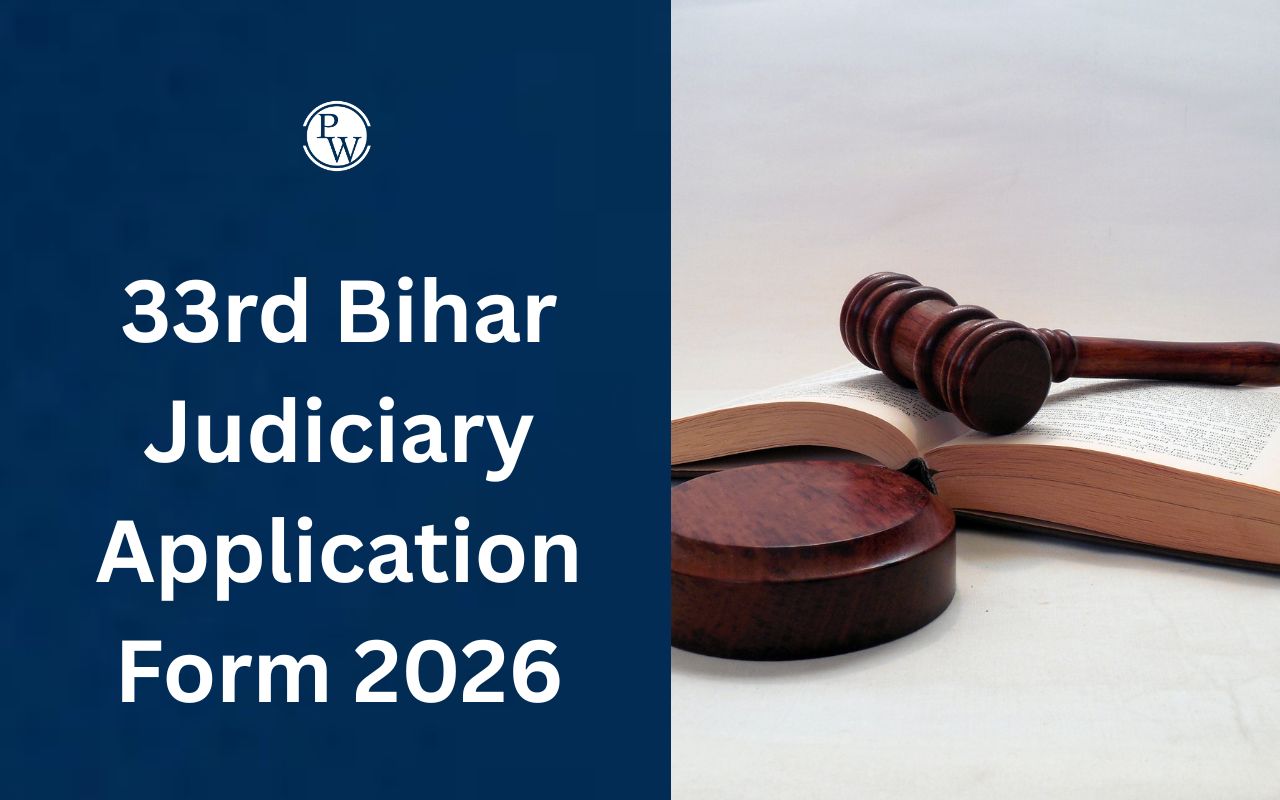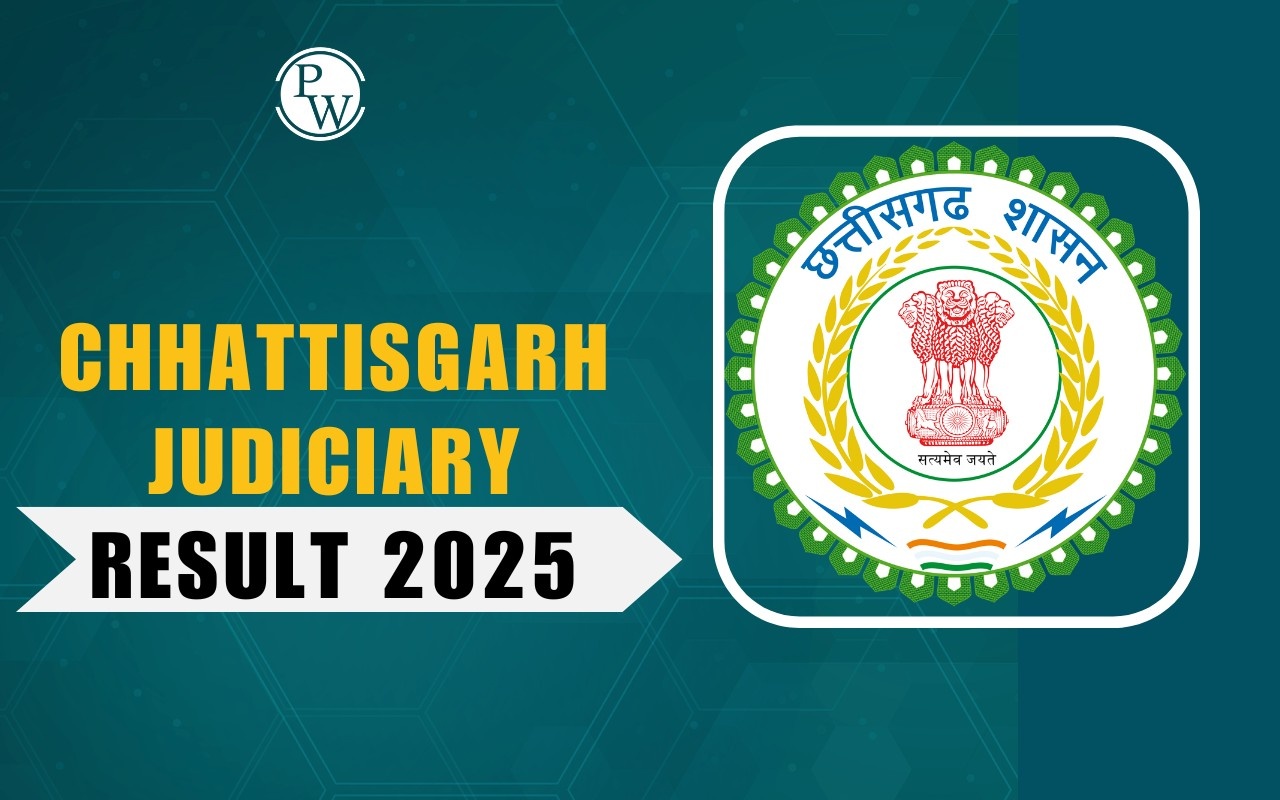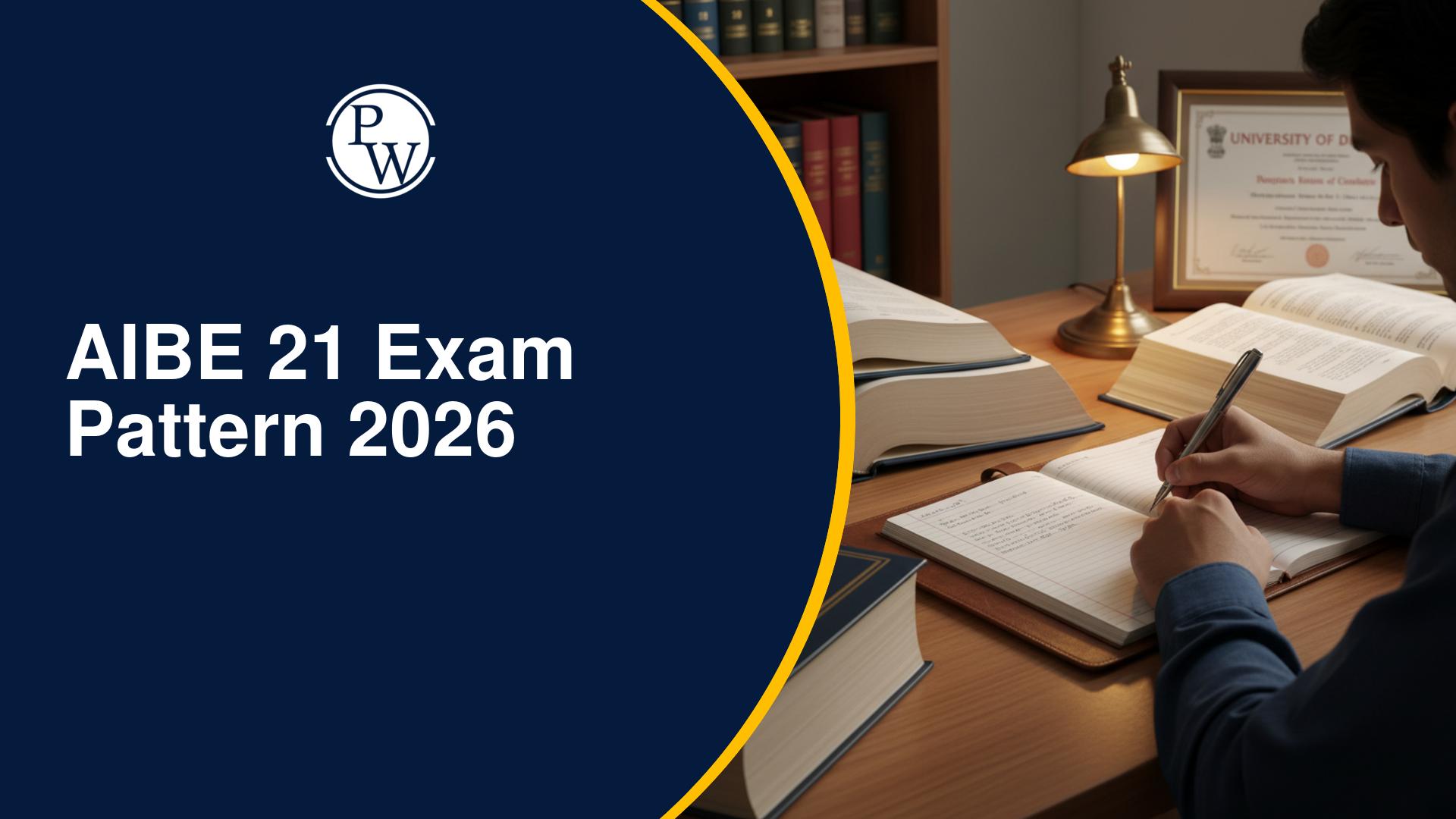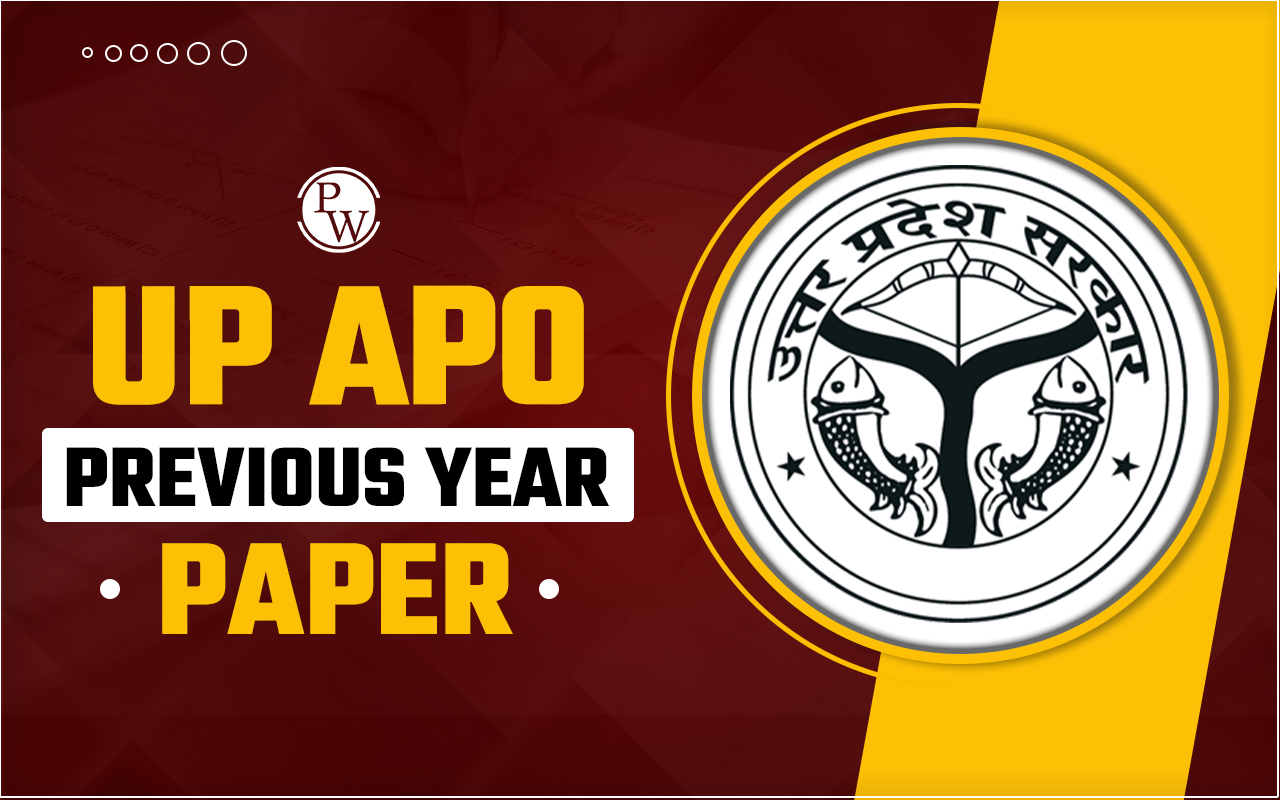
How to become a Supreme Court Lawyer in India: A lawyer’s ultimate dream is to be working in the Supreme Court of India. Like every other profession, the Supreme Court of India is the pinnacle of law professionals. In India, the Supreme Court is the apex body of the judiciary. To reach there, candidates must read through the mandatory qualification and eligibility criteria. The journey to become a Supreme Court Lawyer is arduous compared to District Court or High Court advocate.
How to become a Supreme Court Lawyer in India?
The following steps will guide the candidates to know how and what to follow in their pursuit of becoming a Supreme Court Lawyer in India.
Step 1. Minimum Marks in Class 12th
First and foremost candidates must pass their Class 12th or equivalent exams with an aggregate of 45% to get admission in any Law College. The students have to qualify CLAT or other equivalent exams to get admission in a 5-year integrated law course like BA LLB, B.Com LLB, B.Sc LLB, and so on at various colleges. The candidates have to enroll themselves in a 3-year LLB program in case they have completed their graduation. According to their need, candidates should select their colleges.
Step 2. Internships during Law College
Candidates are advised to do internships with either advocates or law firms during their law college. This will provide them with industry awareness and field exposure therefore preparing them for the courtroom practice after the completion of the course.
Step 3. Registration with the Bar Council of India
Candidates have to register themselves with the Bar Council of India after completing their law degree. According to the Indian Advocate Act, 1961 one needs to get himself registered with the Bar Council of India, in order to practice in the court premises. Only after the approval of the Bar Council of India, can a lawyer become an advocate. Candidates are free to register with the Bar Council of any state in India wherever they want to practice.
Step 4. Becoming the Junior Assistant to any Supreme Court Advocate
After the approval of the Bar Council of India, candidates are eligible to practice in court premises. Primarily try to become a junior assistant to any Supreme Court advocate. This will help you in understanding the nitty-gritty of the working culture of the Supreme Court. Familiarize yourself with the court procedures and processes of the Supreme Court.
Step 5. Pass the All India Bar Exam
In order to practice as an advocate throughout the country, lawyers must pass the All India Bar Exam. The exam is conducted by the Bar Council of India every year. The exam comprises 100 objective type questions of 1 mark each. There is no negative marking and the exam duration is 3 hours 30 minutes . It is a mandatory examination for every lawyer who is determined to practice in court premises.
Step 6. Work in Subordinate Courts
It is advisable for a lawyer to practice in subordinate courts either in district courts or high courts for their first outing. After passing the All India Bar examination, you are ready to practice in court premises. Starting your career as a district court lawyer or a high court lawyer will give you a chance to observe court procedures closely and gain experience that could be used for practicing in the Supreme Court later.
Step 7. Enriched Experience
To become a practicing advocate in the Supreme Court of India, minimum 6 years of experience is mandatory. To gain that experience you have to practice for at least 5 years in any of the district courts or high courts. After the practice, the advocate must train himself under any of the Supreme Court advocates. After he is trained enough, then only he can practice in the Supreme Court of India.
Step 8. Pass the Advocate on Record Exam (AOR)
You have to pass the Advocate on Record Exam (AOR), conducted by the Supreme Court of India in order to become a Supreme Court Lawyer in India. The primary eligibility criteria of the exam is that the lawyer must have completed 5 years of practice and two years of apprenticeship . The main purpose of the test is to assess your competence and preparedness to practice in the apex court of India. After successfully passing the exam the candidate has to register himself as an Advocate on Record Member in the Supreme Court Bar Association.
Step 9. Allotment of an Office
Candidates have to register for an office within 10 miles from the premises of the Supreme Court of India after passing the AOR exam. You have to appoint a registered office clerk also at your office. Subsequently you will be accepted as an advocate of the Supreme Court of India by the Judge of the Supreme Court of India.
Step 10. Start your practice as a Supreme Court Lawyer
Following the above steps, eventually you are ready to practice as a Supreme Court Lawyer in India. Take up the cases of your specification and represent your clients truthfully.
To become a Supreme Court Lawyer candidates must be hard working and dedicated towards the profession as it is an uphill task. There would be lots of challenges thrown at you to test your resilience and perseverance. This profile is demanding too. There will be days where you will get a low paying client and on some days you will get lucky too. So never let your guards down and always be prepared for the challenges.
How to become a Supreme Court Lawyer in India? FAQs
What are the duties of Supreme Court lawyers?
How much does a Supreme Court Advocate earn?
How I became a lawyer at the Supreme Court?
Who is the youngest female Advocate in India?
What is AOR?










